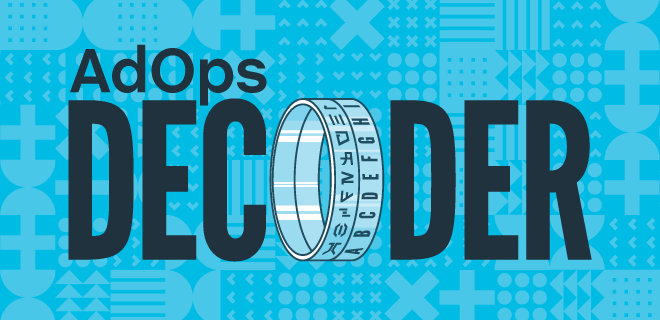
If things weren’t already hot enough, they are heating up even more. A new Digital Advertising Act introduced recently by a few high-ranking lawmakers can ultimately break down Google’s ad tech strategy.
The Senate-led bill is spearheaded by Sen. Mike Lee ( R- Utah) and co-sponsored by Amy Klobuchar (D-Minn.), Ted Cruz (R-Texas), and Richard Blumenthal (D-Conn.). The Competition and Transparency in Digital Advertising Act will have many stipulations that will subliminally contribute to the breakdown of Google’s extremely prosperous ad tech model.
Of course, this is seemingly all about money, and the bill considers revenue to be the number of dollars a demand-side platform DSP or a sell-side platform SSP transacts or the total of the clearing prices bought and sold through a digital ad exchange.
What Are Some Terms of The US Senate Digital Advertising Act?
The bill includes regulations that will continue to trigger an already erupting volcano. The lava represents all the publishers and advertisers who constantly scramble to keep up with these rules and regulations.
Some of the terms and conditions of the Digital Advertising Act are as follows:
- No business with over $20 billion in digital ad revenue can own a digital ad exchange if that business already owns a DSP or an SSP or if it also monetizes off of digital ad space.
- No business can hold both a DSP and an SSP.
- Any company that makes over $5 billion in revenue must act in its customers’ best interest and be ready to take on new transparency requirements.
- The bill requires ad tech companies to anonymize consumer info and states that pubs and advertisers may only use the data if they need to verify the company’s legal compliance.
- Any ad tech company covered by the law must inform customers of “the source and nature of any compensation paid or received in connection with transactions.”
How Will the Digital Advertising Act, Affect Google & Pubs?
Since the Big G has regularly faced scrutiny over how it conducts its online ad auctions, we’ve seen them putting more measures in place to provide a level of transparency. For instance, as they apply more automation to ad campaigns they’ve promised to provide advertisers with insights about conversation and campaigns.
But even a blind man can see that this new US Senate bill is a blatant jab at Google’s ad tech business as it owns the largest demand-side platform, sell-side platform, and exchange used in programmatic auctions. Google is one of the largest publishers to grace the Internet, projected to acquire 28% of US digital ad revenue in 2022, according to emarketer.
This is the second time the US has attempted to police Google’s ad tech doings; in December 2020, a cluster of attorneys led by Texas’ Ken Paxton brought an anti-trust objection against Google in the southern district of New York. The suit compares Google’s grasp on the digital advertising exchanges to the New York Stock Exchange.
Experts revealed that even if the government twisted Google’s arm, making them sell their ad tech business, the company would still be able to thrive off its marketing power in digital advertising since it has already dominated the search and browser world and found a way to combat cookie depreciation.
“In short, this is the wrong bill, at the wrong time, aimed at the wrong target,” said a Google spokesperson, who cited the real problem as being low-quality data brokers.
In terms of smaller pubs, Google has tried to portray this idea of smaller pubs needing them, but industry experts know this to be BS.
read the law, it doesn’t break any tools. quite the opposite, it puts best interest and execution obligations in place for arguably dominant adtech firms to only serve their advertising or publisher customers (good for civil society). G is introducing noise here in the red. /4 pic.twitter.com/2VeA8izLfh
— Jason Kint (@jason_kint) May 20, 2022
What Does the Transparency Layer Entail?
So it looks like Google has been on thin ice for years now. It was only a matter of time before something like the Digital Advertising act came into fruition.
The transparency aspect would demand DSPs or SSPs to share detailed bid-level data with advertisers and pubs. So that includes Google too.
I know most pubs will be jumping for joy now that there will be a new transparency layer in place. Pubs have voiced their concerns for ages because Google does not give them access to log-level data, thus stunting their ability to audit their digital ad businesses. Google claims that they refrained from sharing the data because it would violate user privacy, but U.S. lawmakers see it differently.